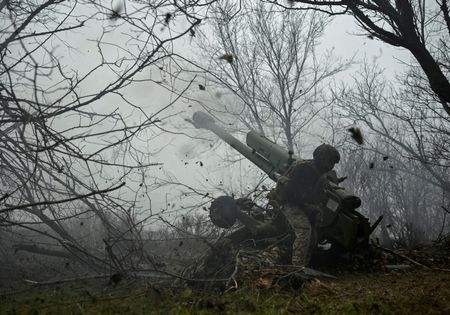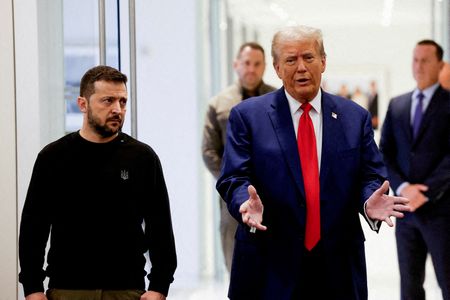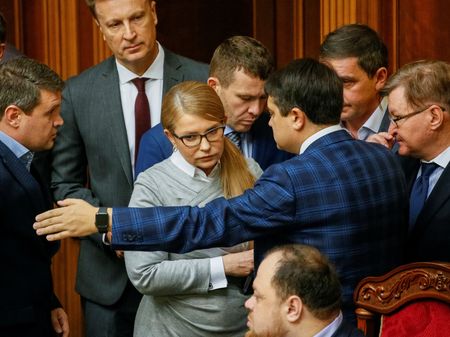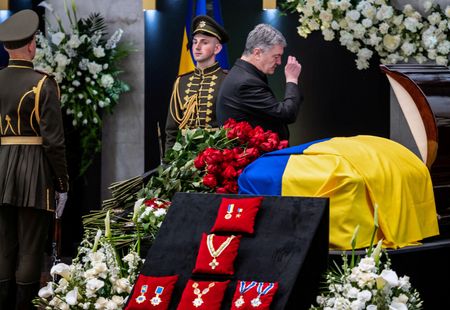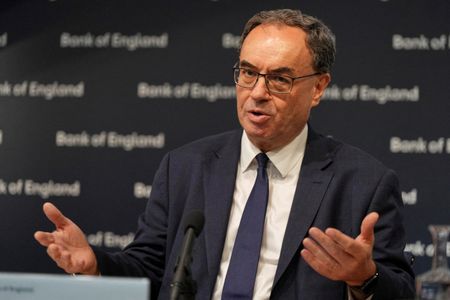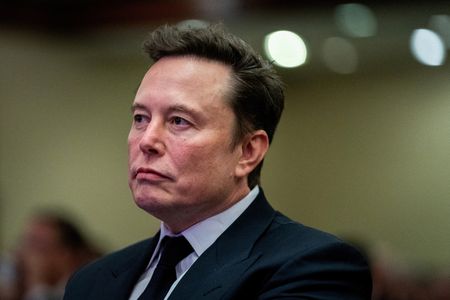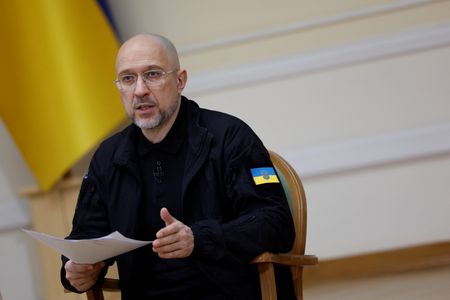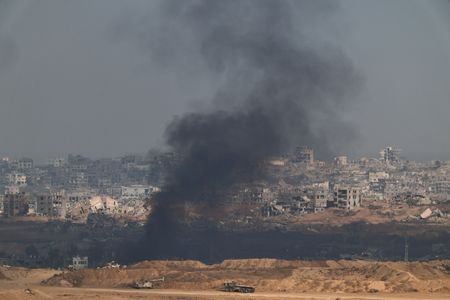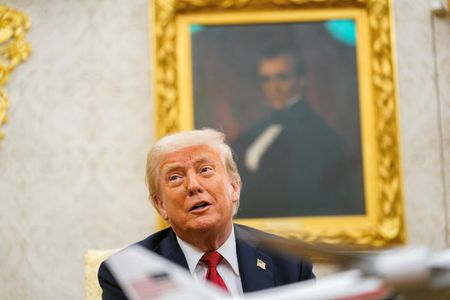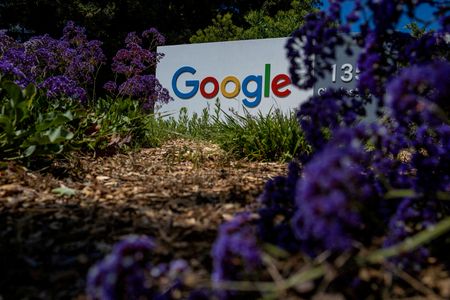By Tom Balmforth and Yuliia Dysa
KYIV (Reuters) – After Russia’s 2022 invasion, Ukraine’s normally febrile political life was becalmed under martial law. But there have been growing signs of activity picking up, as the United States has set its sights on finishing the war with Russia quickly.
In the past week, one Ukrainian political camp has accused President Volodymyr Zelenskiy’s team of caring more about elections than the war, Kyiv’s mayor has said a presidential appointee is sabotaging his work and opposition figures have been travelling overseas.
“It’s to do with Trump, the expectation that there will be negotiations … The activity has increased, there’s clearly more domestic political nervousness,” said Volodymyr Fesenko, a Kyiv-based political analyst.
In what could fuel a sense of a looming return to politics, Reuters reported on Saturday that U.S. President Donald Trump’s team wants Kyiv to hold a presidential election by the year-end, especially if it can agree on a ceasefire with Moscow.
Petro Poroshenko, a former president and leading opposition figure, has been pictured shaking hands with numerous foreign officials in recent weeks.
He denies it has anything to do with elections, which he says would work in Russian President Vladimir Putin’s favour and destabilise Ukraine at a dangerous moment.
“Our task is to win the war,” Poroshenko told Reuters.
Yet his European Solidarity Party has accused Zelenskiy of trying to bar him from parliament and of focusing on “upcoming elections instead of handling the war”.
A former prime minister, Yulia Tymoshenko, has become more visible of late, meeting European Union officials abroad and protesting about Ukraine’s detention of a general over a botched defensive operation last May.
Last week, Kyiv mayor Vitali Klitschko, a potential presidential challenger, accused Zelenskiy’s entourage of political intrigue, saying the city’s military administrator, appointed by the president, had deliberately derailed the work of his civilian administration.
Asked to comment, Zelenskiy’s team referred the matter to the city administrator, who has dismissed Klitschko’s allegations as unsubstantiated.
Fesenko said some political groupings were assembling activists and working on election campaign teams. He said he had seen no such activity in Zelenskiy’s camp and that politicians were probably jumping the gun if they saw an election looming.
“It’s a false start in my opinion,” he said.
FALSE PRETEXT?
U.S. officials say no policy decisions have been made and their strategy on Ukraine is evolving. Ukrainian politicians, both from the ruling bloc and opposition, say elections before the war ends could undermine national unity.
There are also logistical challenges.
Serhiy Dubovik, deputy head of Ukraine’s Central Election Commission, told Reuters it would take at least four to six months to prepare so that campaigning could start ahead of an election, given the displacement of voters and widespread destruction.
Millions of Ukrainians still live abroad, millions more are internally displaced by the war, a fifth of Ukraine is occupied and frontline areas have been devastated.
Zelenskiy has said elections will happen straight after the end of martial law, which was declared to provide the state with emergency powers to fight Russia. The legislation explicitly prohibits holding elections.
Zelenskiy, whose five-year-mandate would have ended last May, has not said whether he will run again. This is not his focus, he says.
Putin, who has been in power for 25 years, says Zelenskiy is not a legitimate leader in a position to negotiate because no election has been held.
In Ukraine, even those who say they disapprove of Zelenskiy’s record largely see him as the legitimate leader, said Anton Hrushetskyi, director of the Kyiv-based KIIS survey centre.
A Ukrainian government official told Reuters that Putin was trying to create a false pretext to avoid talks. Ukraine wants to hold elections but it is impossible during a full-scale war, the official said.
Zelenskiy’s public trust rating is above 50%, according to opinion polls, although it has dropped since Russia’s Feb. 24, 2022 invasion, when it rose to over 90% as Ukrainians rallied around the flag.
The elephant in the room for some observers is Valeriy Zaluzhnyi, who led the armed forces for two years after that invasion before being replaced and named ambassador to London.
Some lawmakers have asked whether Zaluzhnyi could be co-opted by an established political force and run for president.
Ukraine’s London embassy did not respond to a written request for comment.
Zaluzhnyi has publicly voiced no political ambition but polls suggest he is popular. Zaluzhnyi’s image is all over bookstores in Kyiv, where thousands of copies of his new book “My War” have been sold.
Hrushetskyi said gauging the public’s political preferences during the war was difficult, especially when it was not known who would run in an election.
Polls show the public broadly against holding elections until the war is over, Hrushetskyi added.
“For the majority, the priority is to achieve success in the war, and then hold elections,” he said.
(Additional reporting by Olena Harmash and Pavel Polityuk; Writing by Tom Balmforth; Editing by Mike Collett-White and Timothy Heritage)

